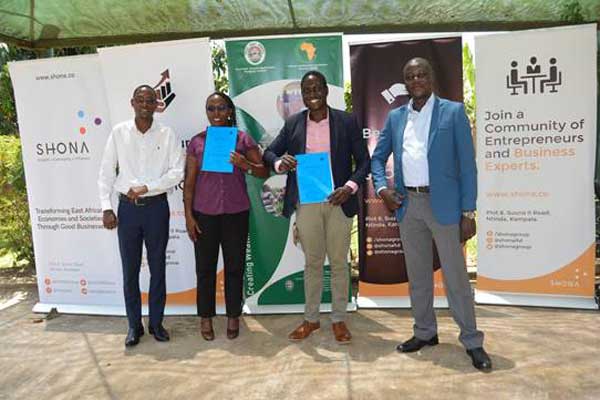UDB sets aside Shs200b to fund youth, women enterprises

UDB identifies small and medium enterprises, women and youth as a key economic value whose capacity to drive economic development has not been fully utilised. PHOTO | FILE
What you need to know:
- UDB identifies small and medium enterprises, women and youth as a key economic value whose capacity to drive economic development has not been fully utilised. Ms Ojangole said they will initially focus on businesses in key areas of the economy, such as hospitality, tourism, human capital development, agriculture and manufacturing.
Uganda Development Bank (UDB) has put aside Shs200b to finance women and youth businesses as well as support small and medium enterprises, which are considered risky areas by financiers.
Speaking in an interview after the launch of the Special Programme early this week, Ms Patricia Ojangole, the UDB managing director, said the programme will focus on increasing access to capital to groups that are usually excluded for various reasons.
“SMEs, youth and women businesses are [considered] risky because they do not meet requirements. So, what we are doing is to enable them access financing with relaxed terms so that they are able to run their businesses,” she said.
However, she noted, the money will only be available to businesses that are formally registered and compliant with government obligations.
The programme seeks to support economic development through creation of jobs as well as drafting women and youth into the national economy cycle.
“At least 90 per cent of our private sector is under the SMEs category. So, we need to support SMEs to get into production,” Ms Ojangole said, noting that the programme also seeks to grow small enterprises into large businesses.
Under the programme, UDB indicated, access to the money will be simplified with application processes collapsed to fit small scale enterprises.
The programme, UDB also said, will be key in easing tax mobilisation, which has for decades remained a challenge.
Uganda’s tax to gross domestic product has stagnated at under 12 percent in the last 10 years, thus failing to drive the country’s development agenda that is currently funded through loans.
Loans under the Special Programme, according to Ms Ojangole, will be given at lower than market interest rates, ranging between 10 and 12 percent.
UDB also indicated that applicants will have a variety of flexible collateral arrangements, which among others, will include land agreements or titles.
Access to credit in Uganda is majorly tied on one’s capacity to repay a loan and the value of collateralised property against which a bank can redeem its money in the event of failure to repay.





